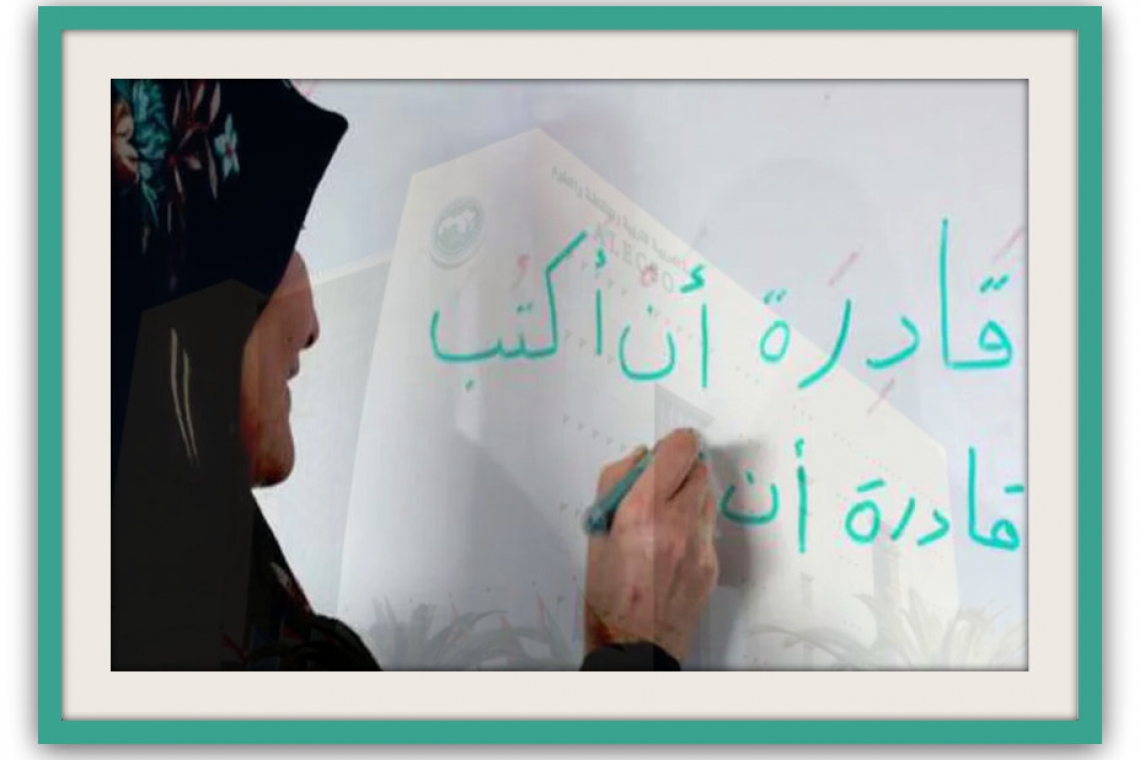The Arab League Educational, Cultural and Scientific Organization (ALECSO) joins the world community in commemorating the 56th “International Literacy Day”, celebrated on September 8 of each year. This goes in line with the efforts launched by ALECSO since its inception half a century ago, in coordination with Arab States, to combat illiteracy, being a factor of underdevelopment and an obstacle to progress. It also reflects the Organization’s commitment to work towards guaranteeing the right to education and promoting lifelong learning opportunities for all, in line with the “Education 2030 Agenda”.
The commemoration of the “International Literacy Day” comes this year in the context of a relative improvement of the health situation in the Arab world, with the decline of the COVID-19 pandemic which has caused unprecedented learning loss, affected the continuity of formal and informal education, and exacerbated inequality in access to education among and within societies.
The “International Literacy Day” is an opportunity to assess the plans and programs that have been implemented for the promotion of adult education, to deepen reflection on ways of addressing literacy challenges, and to warn against the rising number of illiterates in the Arab world. Statistics of the ALECSO Observatory, which collects and processes data on the state of education, culture and science in the Arab World, indicate that illiteracy affects women more than men, due to unequal access to education for both sexes. The number of illiterates in the Arab countries in the 15 and over age group increased from 60.9 million in 2016 to 70.1 million in 2020. The number of illiterate women in the same age group reached 43.3 million in 2020 (61.8% of the total illiterates). The number of illiterate youth (15-24 years old) in the Arab countries also increased from 7.5 million in 2016 to 9.6 million in 2020, of whom 5.4 million are females (56.3%). The total number of children and youth out of school reached 16 million in 2020, of whom 8.6 million are females, and about 28.4 million children at primary-school age in the Arab countries lack basic reading skills.
This quantitative and qualitative challenge constitutes an obstacle to the optimal development of human resources and their use for the advancement of Arab societies. This requires intensifying efforts to dry up the sources of illiteracy, by providing mechanisms for compulsory education for school-age children, and linking literacy programs with economic and social empowerment in order to encourage illiterates to join these programs. It is also necessary to remedy the learning loss caused by COVID-19, as well as to review adult education strategies, especially in poor communities and conflict areas, by creating mobile learning centers and ensuring access to literacy programs for those with special needs.
ALECSO has contributed to the fight against illiteracy, by developing relevant plans and strategies, and by providing advice and expertise in terms of planning and curriculum development. It has also published a book on school failure and dropout in basic education (Annual Educational Report, ALECSO Observatory - 2021) to warn against the danger of relapse into illiteracy at an early age.
ALECSO seizes this occasion to emphasize that the digital revolution, which now covers all fields of life, makes it imperative to tackle illiteracy in its broad sense that encompasses alphabetical and also digital and cultural illiteracy. In this context, ALECSO calls on Arab States, regional organizations, and civil society organizations to pursue the implementation of the goals of the “Arab Literacy Decade” (2015-2024) established by ALECSO to determine the qualifications, knowledge, skills, and values that an individual needs so that he/she can break free from illiteracy.



